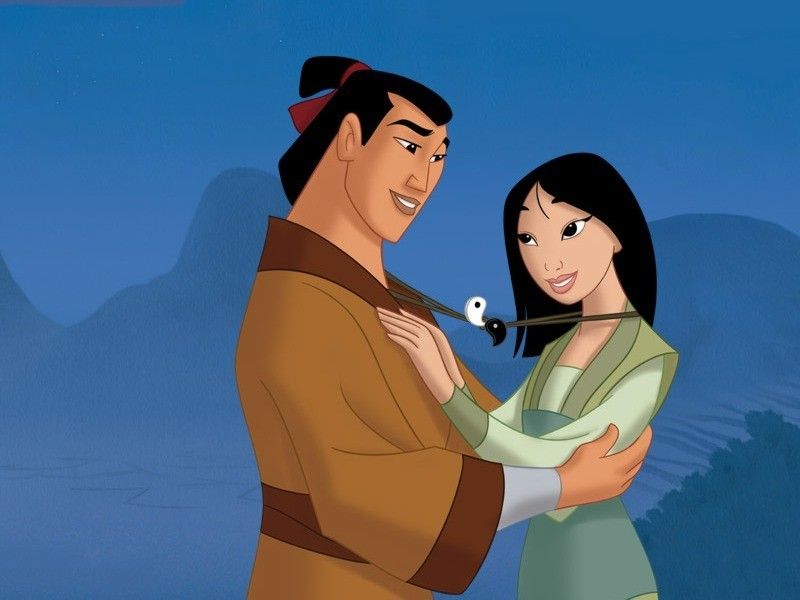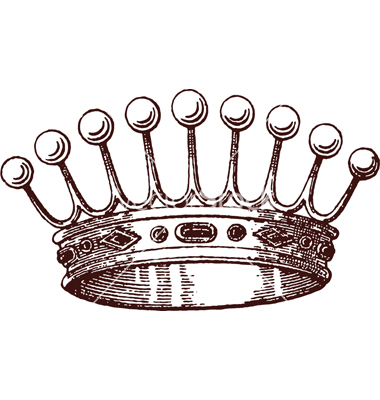Stamp: tHE 50th of the Wedding of Queen Elizabeth and Prince Philip (Ascension Island 1997)
tHE 50th of the Wedding of Queen Elizabeth and Prince Philip (Ascension Island 1997)
10 July (Ascension Island ) within release 50th of the Wedding of Queen Elizabeth and Prince Philip goes into circulation Stamp tHE 50th of the Wedding of Queen Elizabeth and Prince Philip face value 20 Saint Helena penny
| Stamp tHE 50th of the Wedding of Queen Elizabeth and Prince Philip in catalogues | |
|---|---|
| Michel: | Mi: AC 730 |
Stamp is square format.
Also in the issue 50th of the Wedding of Queen Elizabeth and Prince Philip:
- Stamp - tHE 50th of the Wedding of Queen Elizabeth and Prince Philip face value 25;
- Stamp - tHE 50th of the Wedding of Queen Elizabeth and Prince Philip face value 30;
- Stamp - tHE 50th of the Wedding of Queen Elizabeth and Prince Philip face value 30;
- Stamp - tHE 50th of the Wedding of Queen Elizabeth and Prince Philip face value 20;
- Souvenir Sheet - The 50th of the Wedding of Queen Elizabeth and Prince Philip face value 1.50;
- Stamp - tHE 50th of the Wedding of Queen Elizabeth and Prince Philip face value 25;
- Stamp - tHE 50th of the Wedding of Queen Elizabeth and Prince Philip face value 20;
Stamp tHE 50th of the Wedding of Queen Elizabeth and Prince Philip it reflects the thematic directions:
Animals are multicellular, eukaryotic organisms of the kingdom Animalia (also called Metazoa). All animals are motile, meaning they can move spontaneously and independently, at some point in their lives. Their body plan eventually becomes fixed as they develop, although some undergo a process of metamorphosis later on in their lives. All animals are heterotrophs: they must ingest other organisms or their products for sustenance.
An anniversary is the date on which an event took place or an institution was founded in a previous year, and may also refer to the commemoration or celebration of that event. For example, the first event is the initial occurrence or, if planned, the inaugural of the event. One year later would be the first anniversary of that event. The word was first used for Catholic feasts to commemorate saints. Most countries celebrate national anniversaries, typically called national days. These could be the date of independence of the nation or the adoption of a new constitution or form of government. The important dates in a sitting monarch's reign may also be commemorated, an event often referred to as a "Jubilee".
Famous People refers to the fame and public attention accorded by the mass media to individuals or groups or, occasionally, animals, but is usually applied to the persons or groups of people (celebrity couples, families, etc.) themselves who receive such a status of fame and attention. Celebrity status is often associated with wealth (commonly referred to as fame and fortune), while fame often provides opportunities to make money.
The horse (Equus ferus caballus) is one of two extant subspecies of Equus ferus. It is an odd-toed ungulate mammal belonging to the taxonomic family Equidae. The horse has evolved over the past 45 to 55 million years from a small multi-toed creature, Eohippus, into the large, single-toed animal of today. Humans began to domesticate horses around 4000 BC, and their domestication is believed to have been widespread by 3000 BC. Horses in the subspecies caballus are domesticated, although some domesticated populations live in the wild as feral horses. These feral populations are not true wild horses, as this term is used to describe horses that have never been domesticated, such as the endangered Przewalski's horse, a separate subspecies, and the only remaining true wild horse. There is an extensive, specialized vocabulary used to describe equine-related concepts, covering everything from anatomy to life stages, size, colors, markings, breeds, locomotion, and behavior.
A man is an adult male human. Prior to adulthood, a male human is referred to as a boy (a male child or adolescent).
A prince is a male ruler (ranked below a king, grand prince, and grand duke) or a male member of a monarch's or former monarch's family. Prince is also a title of nobility (often highest), often hereditary, in some European states. The female equivalent is a princess. The English word derives, via the French word prince, from the Latin noun prīnceps, from primus (first) and caput (head), meaning "the first, foremost, the chief, most distinguished, noble ruler, prince"
A Royalty is the immediate family of a king or queen regnant, and sometimes his or her extended family. The term imperial family appropriately describes the family of an emperor or empress, and the term papal family describes the family of a pope, while the terms baronial family, comital family, ducal family, grand ducal family, or princely family are more appropriate to describe the relatives of a reigning baron, count, duke, grand duke, or prince. However, in common parlance members of any family which reigns by hereditary right are often referred to as royalty or "royals." It is also customary in some circles to refer to the extended relations of a deposed monarch and his or her descendants as a royal family. A dynasty is sometimes referred to as "the House of ...". As of July 2013, there are 26 active sovereign monarchies in the world who rule or reign over 43 countries in all







